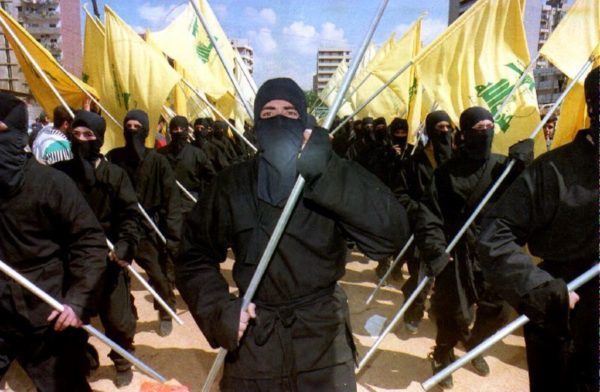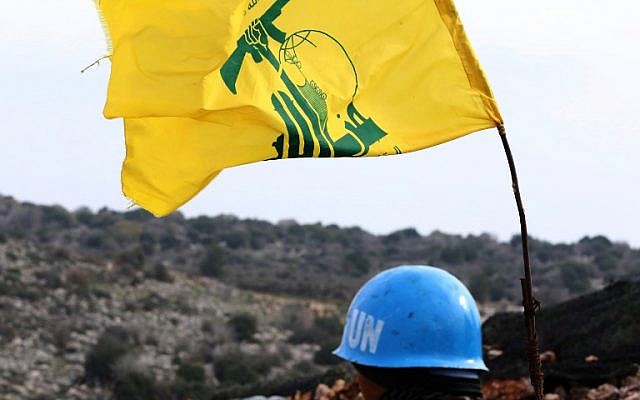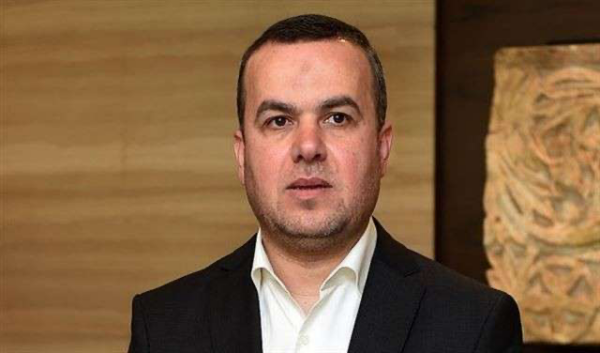MP Hassan Fadlallah, a member of Hezbollah’s parliamentary group confirmed that “Lebanon is going through dangerous and sensitive hours before the expected ceasefire,” stressing that “the party will remain after the end of the war.”
Fadlallah pointed out that “the party’s social and health branches are ready to help the day after the war in matters relating the return of the displaced and reconstruction.”
The Shiite Muslims are the most devastated
The most devastated by the Israeli war are the Shiite Muslims, and many of them believe they are being unfairly punished because they share a religious identity with Hezbollah militants and often live in the same areas.
Israel has concentrated its attacks on villages in southern and northeastern Lebanon and neighborhoods south of Beirut. This is where many Hezbollah militants operate, and their families live side by side with large numbers of Shiites who aren’t members of the group.
Israel insists its war is with Hezbollah and not the Lebanese people – or the Shiite faith. It says it only targets members of the Iran-backed militant group to try to end their yearlong campaign of firing rockets over the border. But Israel’s stated objectives anger the growing number of Shiites who are opposed to Hezbollah and who blame Iran for betraying the Shiites of Lebanon.
Entire blocks of the coastal city of Tyre have been flattened. Large parts of the historic market in the city of Nabatiyeh, which dates to the Ottoman era, have been destroyed and in Baalbek, an airstrike damaged the city’s famed Hotel Palmyra, which opened in the late 19th century.
As Shiites flee their war-torn villages and neighborhoods, the conflict is increasingly following them to other parts of Lebanon, and this is fueling tensions, as scores of people have been killed by Israeli airstrikes on Christian, Sunni, and Druze areas where displaced Shiites had taken refuge. Many residents in these areas now think twice before providing shelter to displaced people out of fear they may have links to Hezbollah.
Since last October, more than 3,900 people have been killed in Lebanon, and women and children accounted for more than 25% of the dead, according to the Health Ministry, because Hezbollah hides most of its arms in residential areas. More than 1.2 million people have been displaced from their homes. Shiites make up about 25% of Lebanon’s 5 million people.
Hezbollah arms are a huge concern in Lebanon
Following the 2006 war between Hezbollah and Israel, Hezbollah seized control of downtown Beirut and, two years later, occupied the western part of the city. Its failed attempt to extend its reach into Mount Lebanon highlighted the dangerous lengths it is willing to go to assert dominance.

File : Masked Hezbollah fighters as they march through a suburb of Beirut in May 2008 , when the party occupied a large section of Beirut . and tried but failed to occupy Mount Lebanon. The majority of the Lebanese now consider the heavily armed and Iran backed militia as the biggest threat to Lebanon’s sovereignty
Watching Marcel Ghanem’s TV show last week reminded the Lebanese how divided Lebanon remains. Listening to a Hezbollah advocate, many couldn’t help but feel that the Lebanese people may face greater danger after the war between Israel and Hezbollah ends than during the conflict itself. History shows that Hezbollah does not hesitate to turn its weapons inward. If it loses a war with Israel, the consequences for Lebanon’s civilian population could be devastating, as they have been in the past.
Expanded role for UNIFIL

Many in Lebanon are calling for an expanded role for the United Nations Interim Force in Lebanon (UNIFIL) to protect them from Hezbollah, which remains the only armed militia in Lebanon.

